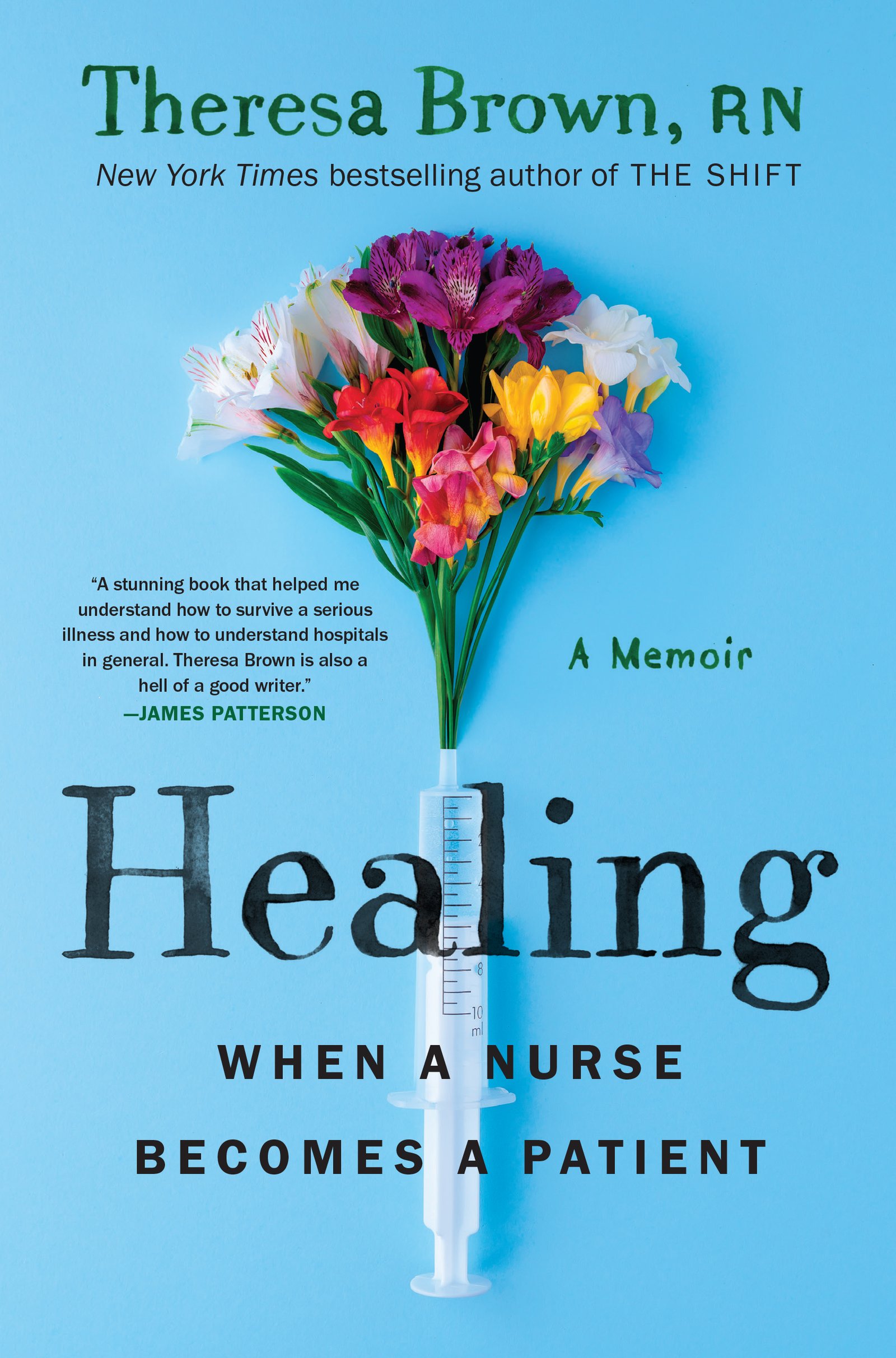In the fast-paced and ever-evolving field of healthcare, the role of medical nurses is indispensable. These dedicated professionals form the backbone of patient care, ensuring that individuals receive the attention and treatment they need. Embarking on a journey in the healthcare sector often begins with enrolling in a medical nurses course. Let’s delve into the intricacies of these courses and explore the transformative experiences they offer.
Types of Medical Nurses Courses
Registered Nurse (RN)
A comprehensive medical nurses course often includes the path to becoming a Registered Nurse (RN). RNs play a crucial role in patient care, collaborating with healthcare teams to deliver holistic and effective treatments.
Licensed Practical Nurse (LPN)
For those looking for a more specialized approach, a Licensed Practical Nurse (LPN) course might be the ideal choice. LPNs provide hands-on care under the supervision of RNs and physicians.
Certified Nursing Assistant (CNA)
Entry-level positions in healthcare can be pursued through a Certified Nursing Assistant (CNA) course. CNAs assist patients with daily activities, offering vital support to the nursing team.
Benefits of Pursuing a Medical Nurses Course
Career Opportunities
One of the primary advantages of enrolling in a medical nurses course is the vast array of career opportunities that follow. From working in hospitals to community healthcare settings, the possibilities are diverse.
Personal and Professional Growth
Beyond career prospects, these courses foster personal and professional growth. The skills acquired – both technical and interpersonal – contribute to a well-rounded individual ready to face the challenges of the healthcare sector.
Prerequisites and Eligibility
Educational Background
Aspiring nurses typically need a solid educational foundation. Most courses require a high school diploma or equivalent, and some may have additional prerequisites in sciences.
Licensing Requirements
Licensing is a critical aspect of nursing courses. Understanding the licensing requirements for different roles ensures a smooth transition into the workforce.
Course Curriculum
Core Subjects
Medical nurses courses cover a range of core subjects, including anatomy, pharmacology, and nursing ethics. A well-rounded curriculum prepares students for the complexities of patient care.
Practical Training
Hands-on experience is integral to nursing education. Practical training allows students to apply theoretical knowledge in real-life scenarios, honing their skills and confidence.
Online vs. Offline Courses
Pros and Cons
The choice between online and offline courses comes down to personal preferences. While online courses offer flexibility, offline courses provide a traditional classroom setting. Each has its pros and cons, and individuals should weigh these factors based on their circumstances.
Flexibility and Convenience
Online courses appeal to those seeking flexibility. Balancing coursework with other commitments becomes more manageable, making education accessible to a broader audience.
Accreditation and Certification
Importance in the Healthcare Industry
Accreditation ensures that a nursing program meets industry standards. Employers often prioritize candidates with accredited certifications, enhancing job prospects for graduates.
How to Choose the Right Medical Nurses Course
Researching Institutions
Thoroughly researching institutions offering medical nurses courses is crucial. Factors such as faculty expertise, facilities, and alumni success stories provide insights into the quality of education.
Reading Reviews
Feedback from current and former students offers valuable perspectives. Reading reviews helps prospective students understand the strengths and weaknesses of a particular course or institution.
Career Paths After Completing a Medical Nurses Course
Hospital Nursing
Many graduates opt for traditional hospital nursing roles, working in emergency departments, surgical units, or specialized wards.
Specialized Nursing Fields
The evolving healthcare landscape opens doors to specialized fields such as pediatric nursing, geriatric nursing, or psychiatric nursing. Specialization allows nurses to focus on areas that align with their passions and interests.
Challenges Faced During Medical Nurses Courses
Time Management
Balancing coursework, practical training, and personal commitments can be challenging. Effective time management is key to success in medical nurses courses.
Emotional Stress
The nature of healthcare work can be emotionally taxing. Learning to cope with stress and emotions is an integral part of nursing education.
Success Stories
Inspiring Journeys
Highlighting success stories of individuals who overcame challenges during their medical nurses courses adds a personal touch to the narrative, motivating aspiring nurses.
Industry Trends and Innovations
Technological Advancements
The healthcare sector continually evolves with technological advancements. Integrating technology into nursing education ensures that graduates are prepared for the modern healthcare landscape.
Evolving Healthcare Practices
Staying informed about the latest healthcare practices equips nurses with the knowledge to adapt and thrive in dynamic environments.
Tips for Excelling in Medical Nurses Courses
Study Techniques
Effective study techniques contribute to academic success. Creating a study schedule, participating in study groups, and seeking assistance when needed enhance the learning experience.
Networking Opportunities
Building professional networks during nursing education can open doors to mentorship and career opportunities. Networking within the healthcare community is invaluable for future success.
Conclusion
In conclusion, embarking on a medical nurses course is not just a career choice; it’s a journey of personal and professional growth. The diverse opportunities, coupled with the challenges and triumphs, shape individuals into compassionate and skilled healthcare professionals ready to make a difference in the lives of others.
FAQs
- What are the entry requirements for a medical nurses course?
- Entry requirements typically include a high school diploma or equivalent, with some courses having additional prerequisites in sciences.
- Can I pursue a medical nurses course part-time?
- Many institutions offer part-time options to accommodate individuals with other commitments.
- Are there scholarships available for medical nurses courses?
- Yes, scholarships and financial aid options are often available. Prospective students should research and apply for relevant opportunities.
- How long does it take to complete a medical nurses course?
- The duration varies based on the type of course. RN programs may take around 2-4 years, while LPN and CNA courses can be completed in a shorter timeframe.
- What is the demand for medical nurses in the job market?
- The demand for medical nurses remains high, with diverse career opportunities in hospitals, clinics, and community healthcare settings.
